Community-Based Tourism
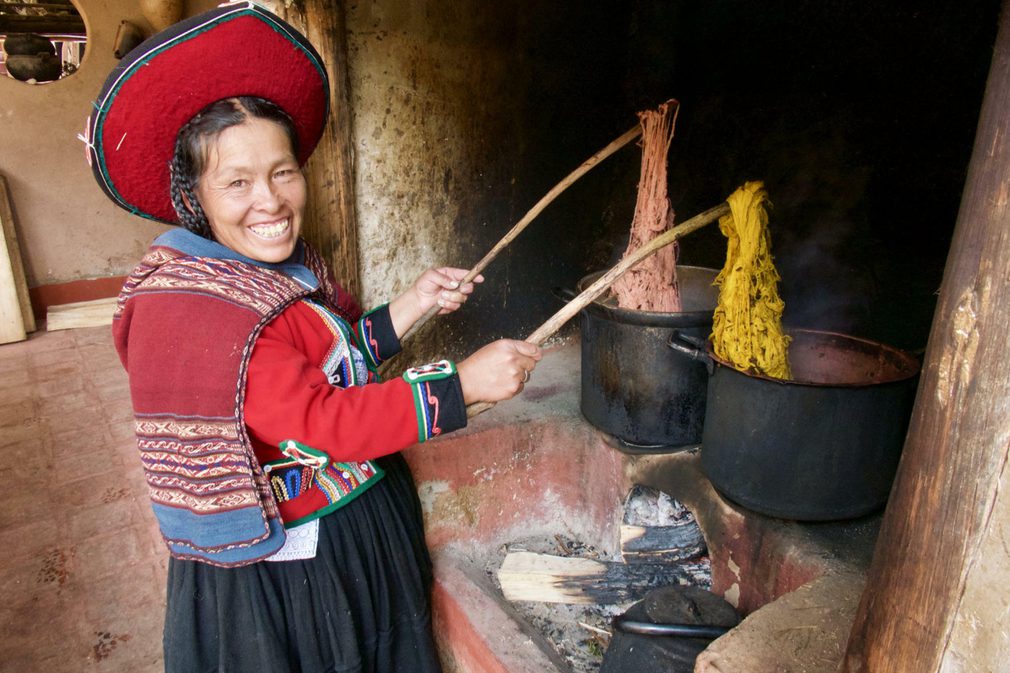
With the recent protests against mass tourism in Venice, and other European hotspots, we are reminded more than ever how important it is to preserving the environment and culture of the people and places we visit.
So it’s probably the right time to talk about ‘Community-Based Tourism’. In case you are not familiar with the label, it gathers together tourism initiatives that mix ecotourism with social projects where local communities open their doors to small groups of visitors for a cultural immersion of their land and traditions. It commonly follows three principals:
Local leadership
Community-based tourism is managed by the locals, meaning the community assumes collective responsibility for all aspects of your stay, including accommodation, internal travel, food, and cultural activities. This allows a greater control over where the money is going, ensuring it supports local communities in beneficial and sustainable ways.
Sustainability
Communities will only accommodate as many people as they are able, keeping in mind long-term sustainability, and avoiding unnecessary strain on their own resources. Meals generally draw on local agriculture, and communities will not take on more guests than their housing and energy resources can effectively support. Aside from physical resources, revenue from community-based travel helps to sustain local cultures and traditions.
Cultural immersion
Travellers get a deeper connection with people and place as they interact directly with individuals and customs of another culture. Unique lodging, cuisine, and activities help increase knowledge and awareness of another culture, different set of beliefs, and social norms.
Starting in the early 90’s, community-based tourism has really grown hugely during the past few years. Many Indigenous communities around the world have opted into this tourism model, opening small lodges and cooperatives to strengthen their self-governance, economic alternatives, and traditional ways of life - a much-needed economic alternative to logging for instance.
Simple really. Only it isn’t ever easy or simple. A recent, high profile, example of failed community-based tourism was the Huoarani Lodge of the Ecuadorian Amazon. Despite the incredible efforts of many good hearted people, above all the inspirational community leader, Moi, the efforts of the extractive industries to split the community were ultimately successful. Money talks so the lodge closed down and the oil companies allowed onto the virgin, sacred, Huoarani lands.
Hopefully a positive example of community-based initiative is, and will be, the Eden Amazon Lodge. Supported by Mississippi-born Tom Quesenberry and his wife Mariella Tenorio, the lodge is located in primary rainforest in the buffer zone adjacent to the vast Yasuni National Park, in Ecuadorian Amazon. Some of you might already have met Tom as he’s the brains, brawn and passion behind El Monte, our favourite eco-lodge in the Ecuadorian cloudforest.
As with El Monte, Eden, is mainly focused on the natural surroundings though with the added benefit of learning how the Kichwas interact with their environment. Visitors come here for an Amazon nature experience but leave with all of that plus the profound cultural impact of meeting people who live completely, different lives and yet with whom we can find common ground. To walk through the Amazon with a Kichwa guide is to be impressed as they navigate with ease an environment which we find very challenging. Saying that, Moi used to be impressed by our ability to navigate the Tube in London!
From building the comfortable 'cabañas' to training kayak instructors, naturalist guides, cooks and gardeners, over the years, the project has provided employment opportunities to dozens of Kichwa indigenous people while supporting 400 community members. With the help of Tom, the lodge is starting to promote itself and attract interest.
Today Kichwa families - the sole owners of the lodge - receive a stable income, which helps them make progress in education and health, while passionately defending the local environment. The community frequently gets advice from third-party consultants but they run the business on their own.
Community-based tourism empowers locals to share their world, benefiting both the visitor and the destination. That’s why we think this is the way forward, because it both encourages authentic experiences and positively impacts the local people and environment. So we hope you’ll consider it next time you plan a holiday to Latin America or anywhere else…
Tom has already proved with El Monte that responsible travel doesn’t have to feel ‘worthy’, and we hope this is repeated now that he is involved with the Eden Lodge.
Get in touch Subscribe to The Pothole
The Pothole is Pura Aventura's popular monthly email. We share what we love, what interests us and what we find challenging. And we don't Photoshop out the bits everyone else does. We like to think our considered opinions provide food for thought, and will sometimes put a smile on your face. They've even been known to make people cry. You can click here to subscribe and, naturally, unsubscribe at any time.
The Pothole is Pura Aventura's popular monthly email. We share what we love, what interests us and what we find challenging. And we don't Photoshop out the bits everyone else does. We like to think our considered opinions provide food for thought, and will sometimes put a smile on your face. They've even been known to make people cry. You can click here to subscribe and, naturally, unsubscribe at any time.

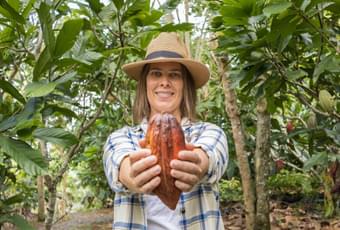
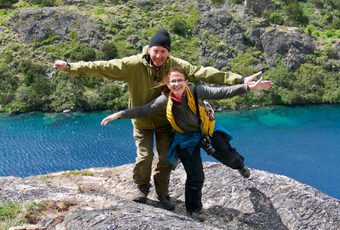


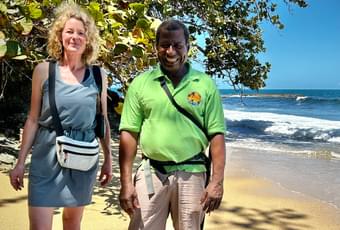
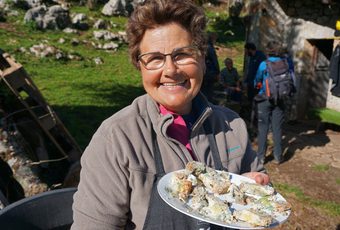
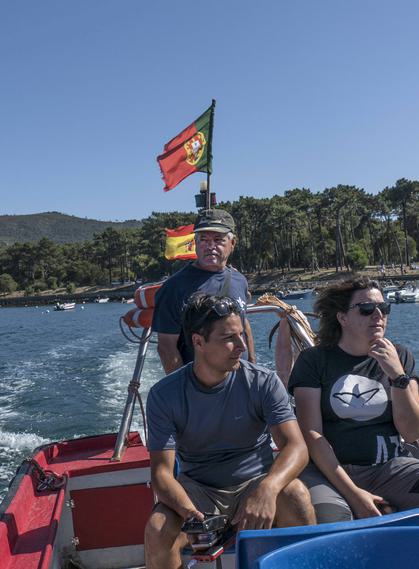
 By
By